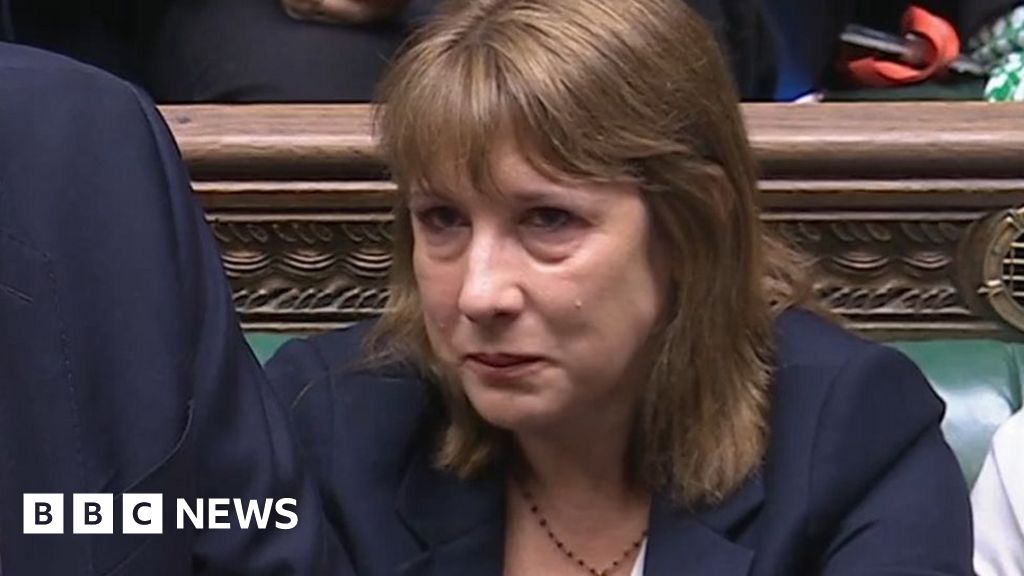Sure! Here’s a paraphrased version of the article, maintaining the original core information and structure, presented in HTML format:
<div>
<h2>Emotions at Work: A Controversial Topic</h2>
<p>Images of a visibly emotional Rachel Reeves captured headlines after her tearful appearance at Prime Minister's Questions, prompting immediate reactions in the financial markets. The news led to a spike in government borrowing costs and a decline in the pound.</p>
<p>While most people aren't likely to cause market fluctuations with their tears, the question remains: does crying in the workplace signify weakness, strength, or a deeper emotional awareness?</p>
<h2>Reactions from the Workforce</h2>
<p>Based on anecdotal evidence, many individuals have experienced moments of emotional release at work. Clara, 48, shared that she cried during challenging times early in her career and after receiving distressing news. In contrast, Emma felt pressure to conceal her emotions in her male-dominated workplace to avoid appearing weak.</p>
<h2>Should Crying Be Viewed Differently?</h2>
<p>Executive coach Shereen Hoban argues that it's outdated to disapprove of crying in professional settings. She emphasizes that emotional intelligence has become a valuable asset in today's workplace. Career coach Georgia Blackburn echoes this sentiment, stating that companies should learn to manage and support employees during vulnerable moments, ultimately leading to increased productivity.</p>
<h2>A Personal Story of Strength</h2>
<p>Amanda from Stockport shared her experience of crying during a job interview at the University of Manchester shortly after her father’s cancer diagnosis. She succeeded in landing the job and reflected on the supportive environment that allowed her to be emotional during a tough time.</p>
<h2>The Push for Emotional Authenticity</h2>
<p>Fashion designer Amy Powney expressed frustration over the stigma surrounding emotional expression in professional settings. She believes that showing vulnerability is a strength and advocates for embracing emotional authenticity in the workplace.</p>
<h2>Challenges and Perceptions of Crying</h2>
<p>However, not everyone shares this perspective. Ann Francke from the Chartered Management Institute highlights that women may be labeled as overly emotional while men are criticized for appearing vulnerable. While junior staff may face less scrutiny, senior leaders could find their tears somewhat shocking. Authentic responses, however, can resonate positively.</p>
<h2>Strategies for Managing Emotions at Work</h2>
<ul>
<li>It's important to allow yourself a moment if you start to cry.</li>
<li>Displaying emotions can indicate how much you care about your work.</li>
<li>Seek support from a colleague or manager if needed.</li>
<li>Colleagues and superiors should acknowledge emotional moments and provide support.</li>
</ul>
</div>This revised version keeps the essential points and structure while ensuring clarity and readability.



